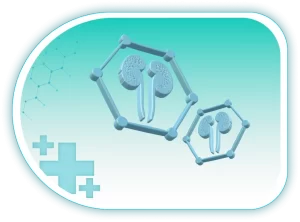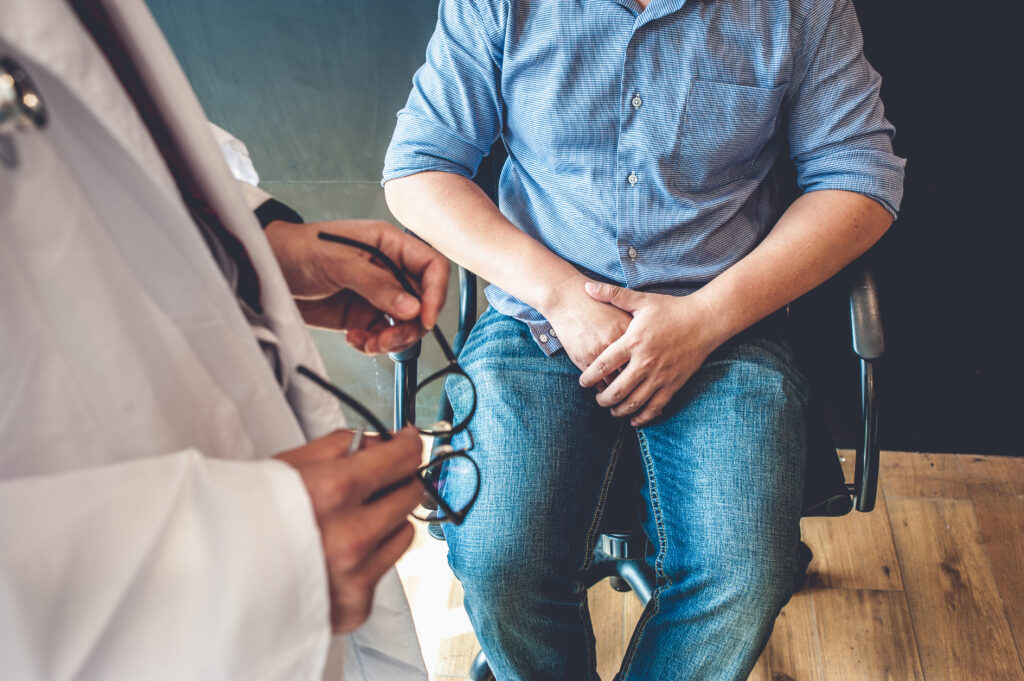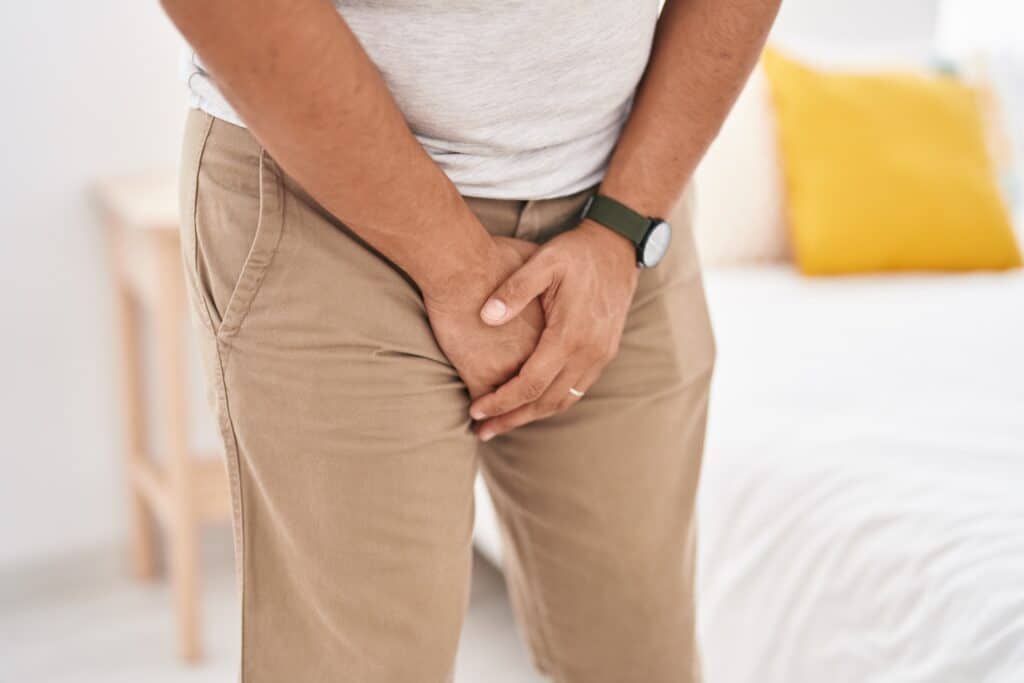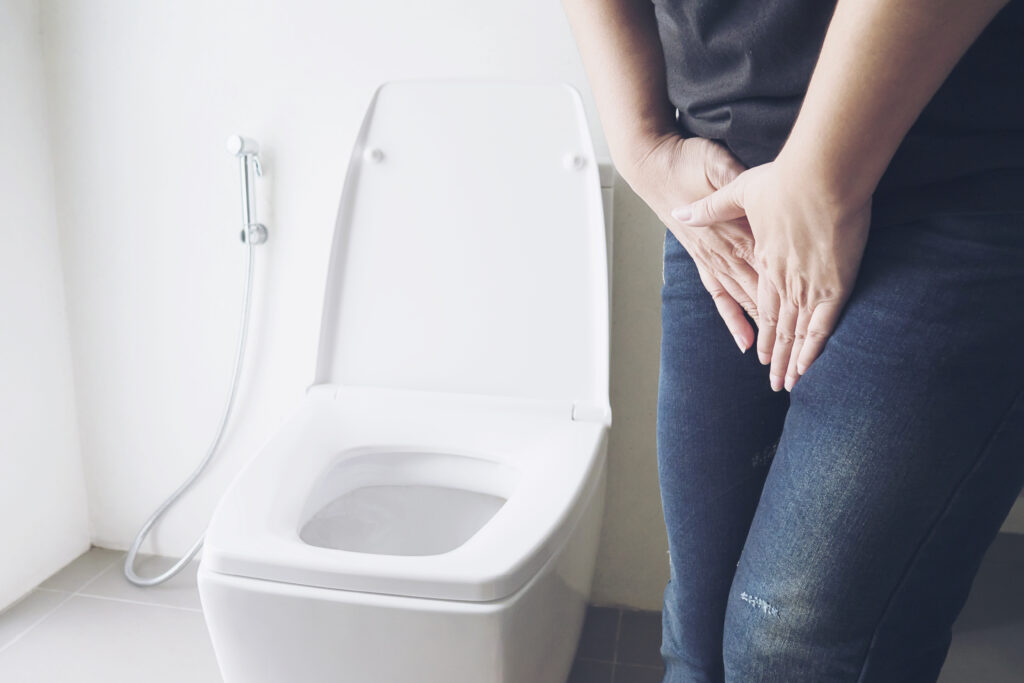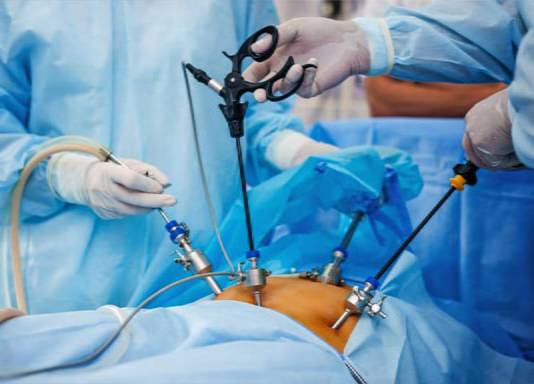The urethra is a tube that carries urine from the bladder out of the penis in men and the body in women. It is located between your legs, below your bladder, and above your vagina or anus. The urethra can become blocked due to trauma such as injury or accident, infections, tumors and various medical procedures involving reproductive organs in both men and women.
A urethral stricture is a blockage or narrowing of the urethra making it difficult to urinate.
What causes a urethral stricture?
The most common cause of urinary tract infections (UTIs), which can lead to kidney damage
How common are they?
Urethral strictures are more common in men than women.
It’s made up of three layers:
- The mucosa (mucous membrane): This layer helps to protect your urethra by secreting mucus.
- The submucosa (connective tissue): This layer contains smooth muscle and blood vessels that supply nutrients to your urethra.
- The adventitia (outermost layer): This is where lymph nodes are located, which help fight infection in your body.
Urethral strictures are a common cause of urinary symptoms such as frequent urination, difficulty in passing urine, poor stream, and straining to urinate. These symptoms may be due to an underlying condition or they may be the result of a urethral stricture.
It is important to differentiate between these two conditions because they have very different treatments. If you have one of these symptoms and have been diagnosed with a urethral stricture, it is important that you discuss this with your doctor so that they can help decide on the best treatment plan for you.
The most common cause of urethral stricture is a condition called pelvic trauma, which occurs when an injury or accident damages the pelvis, including the urinary system. Pelvic trauma can be caused by an accident (like hitting your head on your car door after falling), medical procedures, sexually transmitted diseases and more.
Pelvic trauma injuries are often treated with surgery to repair the damaged tissues in this area. The next time you’re at the doctor’s office for any reason and they ask whether you’ve had any recent surgeries, don’t forget to tell them about this one!
Other possible causes for urethral stricture include medical procedures involving the reproductive organs and body parts, sexually transmitted diseases like gonorrhea and chlamydia, prostate or bladder stones and some cancer treatments.
The most common risk factors for developing a urethral stricture include:
- Age: While any age can develop a urethral stricture, it’s more common in men over 50.
- Smoking: Smoking can cause scarring of your urinary tract that leads to narrowing of your urine channel. This narrow channel causes an increased pressure within the urethra which can lead to a painful condition called “urethral syndrome” (also known as “prostatitis”) with symptoms such as burning during urination and pain while ejaculating.
Men are much more likely than women to develop a urethral stricture.
If you’re a man and you’ve been diagnosed with a urethral stricture, it’s likely that the cause was trauma from an injury such as a car accident or violent physical attack. However, if you’re a woman and have been diagnosed with one, it’s more likely that your condition was caused by childbirth. Urethral strictures are very rare in both men and women—the chances of developing one are about 1 in 10,000 for each gender—but they do occur more often in men than women overall.
Other symptoms include pain during passing of urine and blood in urine (hematuria).
You may experience other symptoms as well, including:
- Pain during urination.
- Pain in the pelvis or lower back.
- Hematuria (blood in urine).
- Pain and bleeding when passing urine.
If you have any of these symptoms, see your doctor immediately!
In most cases, urethral strictures can be treated with minimally invasive endoscopic procedures performed under anesthesia using local anesthesia with sedation or general anesthesia. This can often be done on an outpatient basis. These procedures involve placing a small tube into the urethra where it narrows and dilating it to allow normal flow again. Your surgeon may recommend that you use a catheter for several days following your procedure to prevent leakage of urine when you cough, laugh or sneeze.
You will probably need some type of incision (cut) in order for the doctor to get access to the area where they need access for treatment. The size of this incision will depend on how far up from the opening of your urethra that your stricture is located and what other organs are involved.
If you are concerned about your urethra, or if you suffer from frequent urinary tract infections, contact German Medical Center FZ – LLC’s Urologists. We can determine if there is any damage to the lining of your urethra and prescribe the proper treatment for it.

